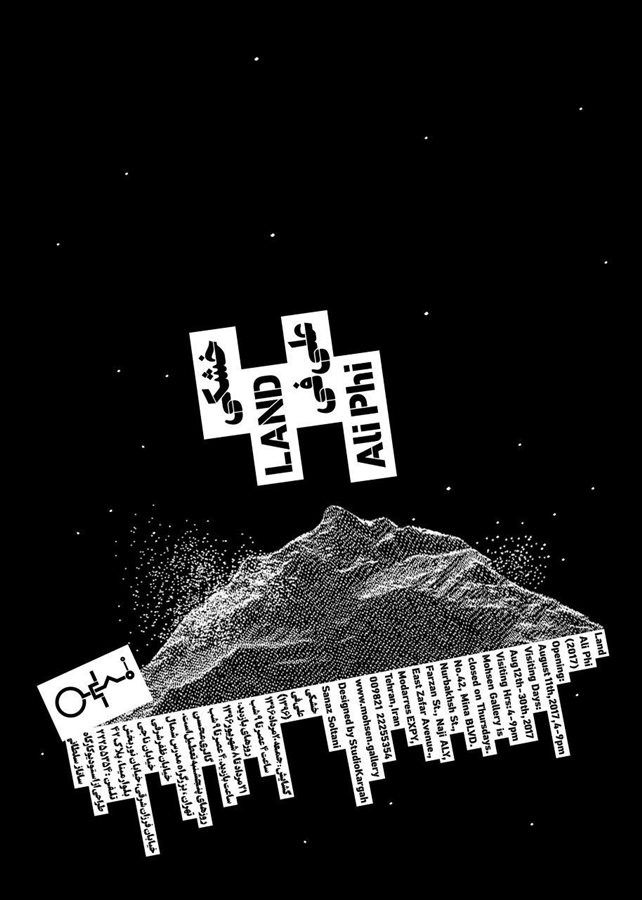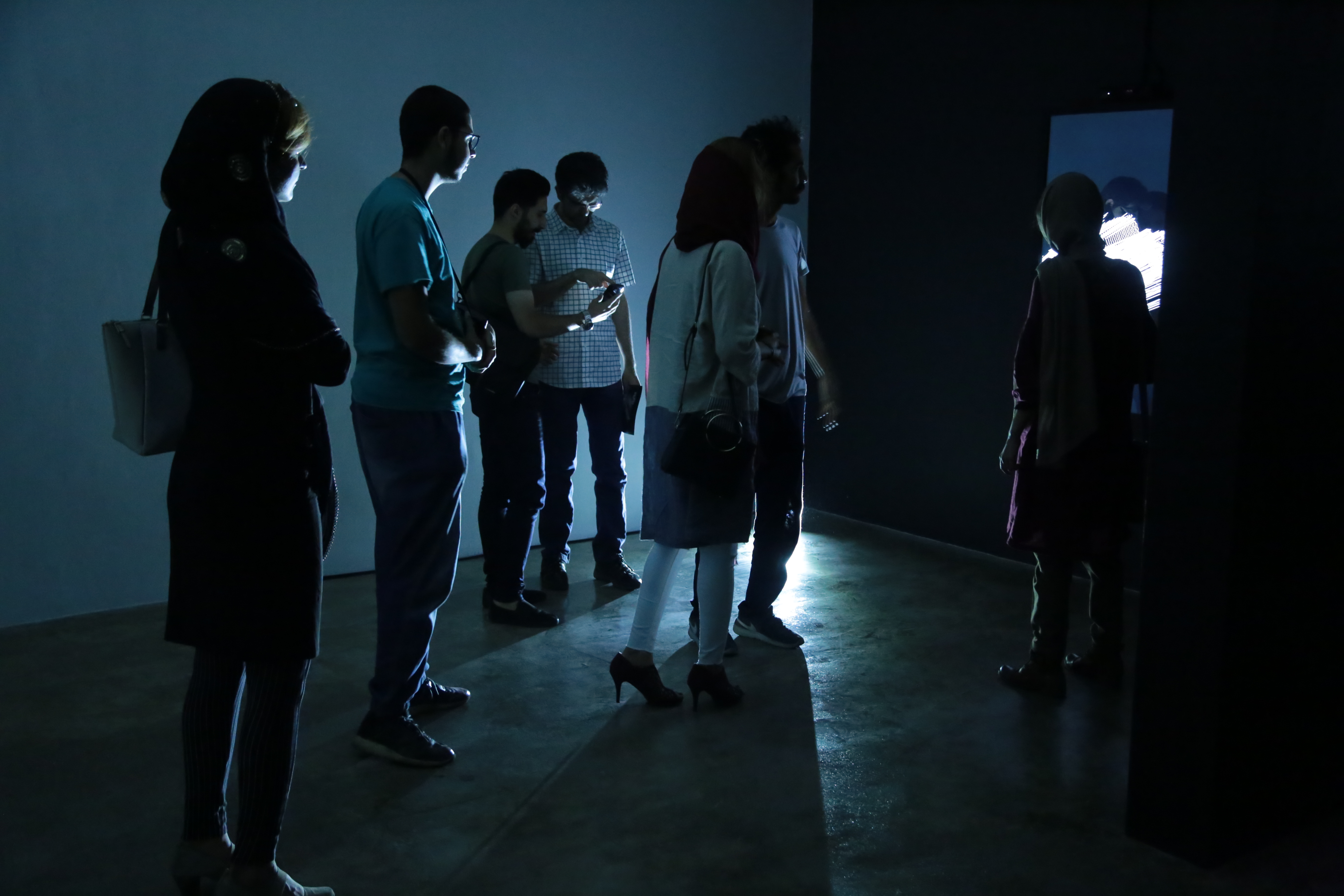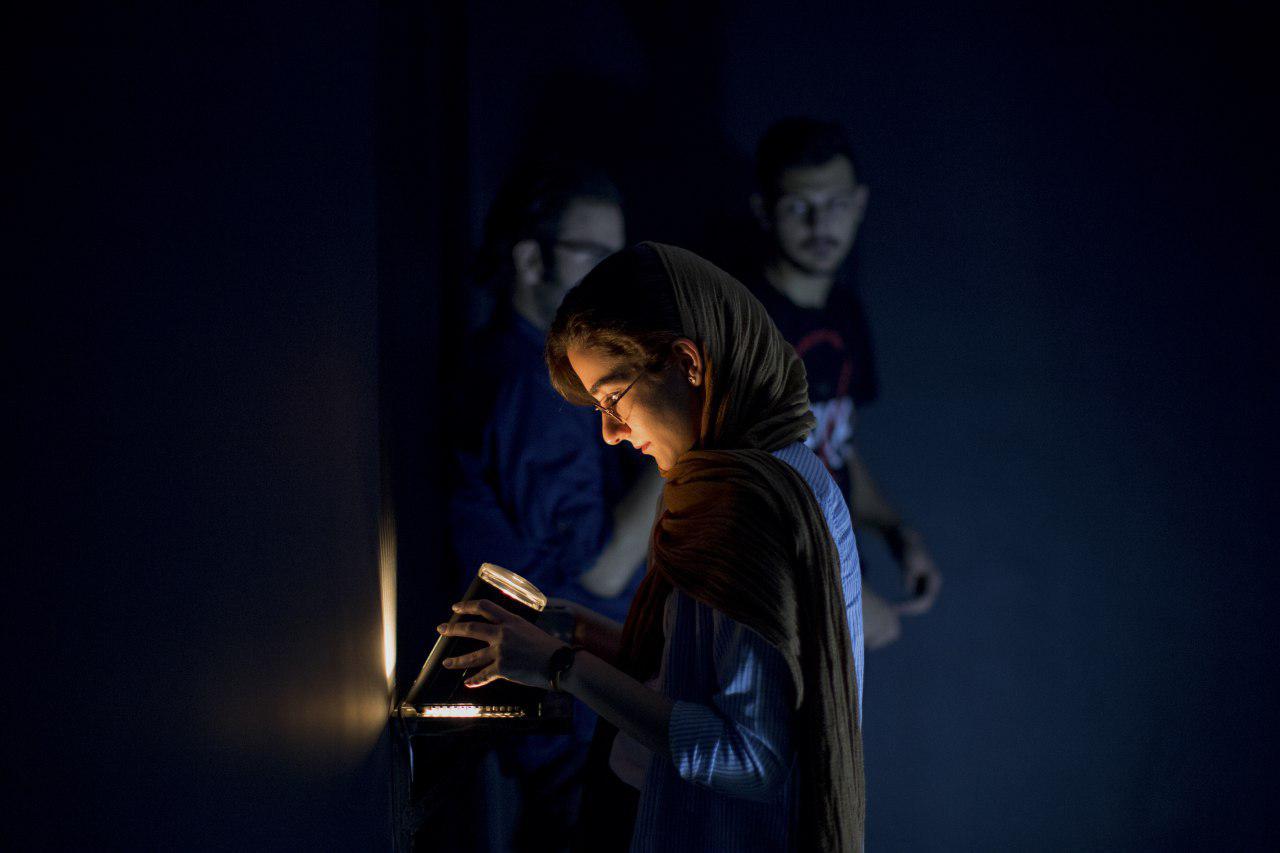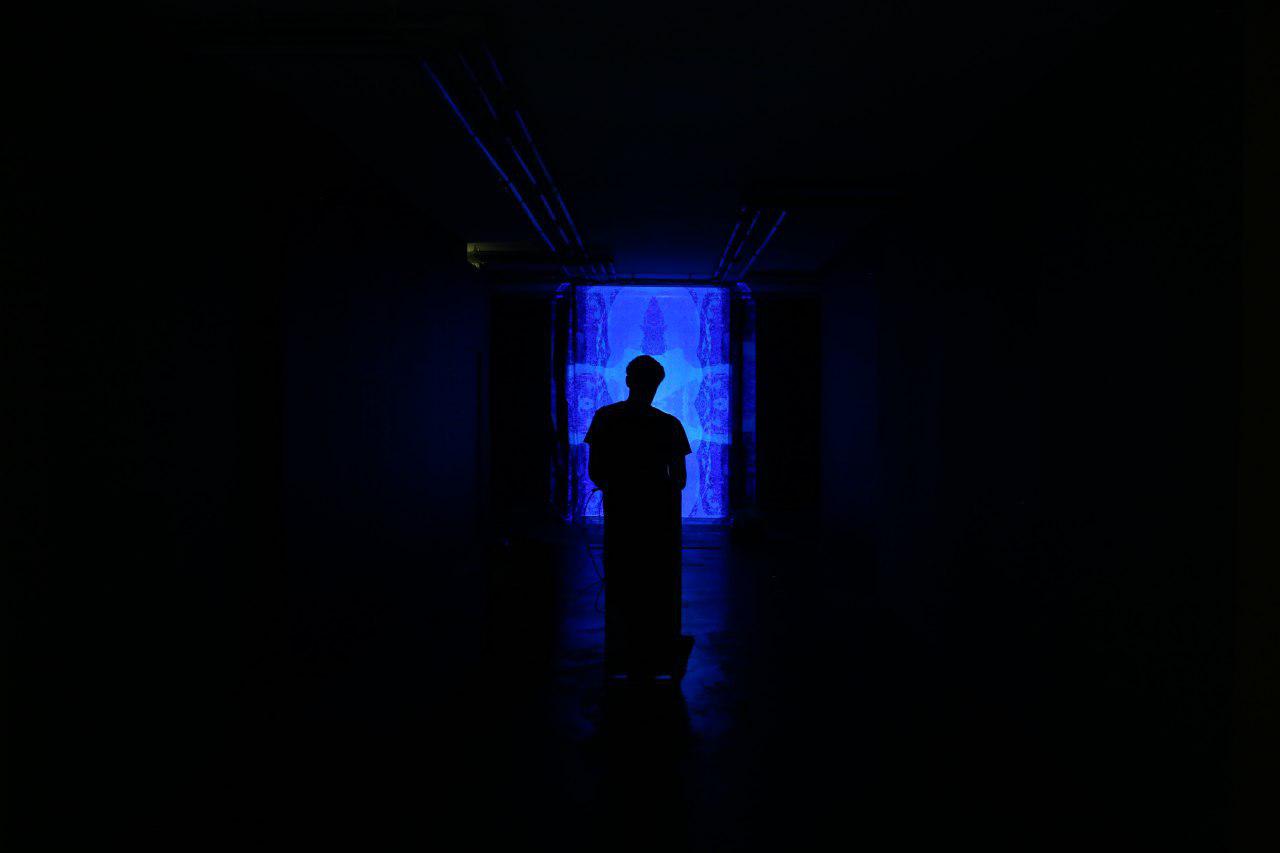Tehran,
#42, Mina Blvd., Nurbakhsh St., Farzan Alley, Naji Alley, Zafar Ave., Modarres Exp
11 August 2017 - 30 August 2017
Placeless Utopia
Ancient Romans believed that every place—from a street corner to an entire city-state—possessed a genius loci, a presiding spirit that enlivened it and kept an eye on it. Geography may not be fate, but it comes very close. Our surroundings shape our lives, productivity, happiness, and creativity, all of which are functions of a place. Where we live simply affects how we live. Spatial imagination influences the way we perceive bodies and the place of identity and identification. So, yes, place matters; but what exactly do we mean by “place”? At the most fundamental level, it is topography—the lay of the land.
Spatial imagination is used to hint at imagining alternative ways of living, and broadening the ways in which imagination becomes instrumental in shaping our lives. What truly makes a place, though, is not only topography but also culture. Today, Digital Culture have dissolved the inconsistent limits of the physical world, leaving us free to amuse ourselves in the placeless present.
Ali Phi’s latest project, “Land,” consists of several digital, audiovisual art installations that explore different ways through which land, inhabited land, and motherland affect his creativity, shaping what in turn makes his own version of utopia. Persian architecture, gardens, carpets, and textile patterns: all things based on which his personal and social identity is most particularly established. The main installation is at underground floor, where the audience encounters an interactive real-time generative piece that produces immediately fading patterns. No one is able to capture and stabilize these patterns—they all fade into the dark, black surrounding. Other works are a Point cloud audiovisual installation in an imaginary, nonexistence place and an interactive installation made from lines in an abstract space. Meanwhile, one can hear a track from Ali Phi’s LEFT album: a sound track designed specifically for this digital art installation.
Ancient Romans believed that every place—from a street corner to an entire city-state—possessed a genius loci, a presiding spirit that enlivened it and kept an eye on it. Geography may not be fate, but it comes very close. Our surroundings shape our lives, productivity, happiness, and creativity, all of which are functions of a place. Where we live simply affects how we live. Spatial imagination influences the way we perceive bodies and the place of identity and identification. So, yes, place matters; but what exactly do we mean by “place”? At the most fundamental level, it is topography—the lay of the land.
Spatial imagination is used to hint at imagining alternative ways of living, and broadening the ways in which imagination becomes instrumental in shaping our lives. What truly makes a place, though, is not only topography but also culture. Today, Digital Culture have dissolved the inconsistent limits of the physical world, leaving us free to amuse ourselves in the placeless present.
Ali Phi’s latest project, “Land,” consists of several digital, audiovisual art installations that explore different ways through which land, inhabited land, and motherland affect his creativity, shaping what in turn makes his own version of utopia. Persian architecture, gardens, carpets, and textile patterns: all things based on which his personal and social identity is most particularly established. The main installation is at underground floor, where the audience encounters an interactive real-time generative piece that produces immediately fading patterns. No one is able to capture and stabilize these patterns—they all fade into the dark, black surrounding. Other works are a Point cloud audiovisual installation in an imaginary, nonexistence place and an interactive installation made from lines in an abstract space. Meanwhile, one can hear a track from Ali Phi’s LEFT album: a sound track designed specifically for this digital art installation.



